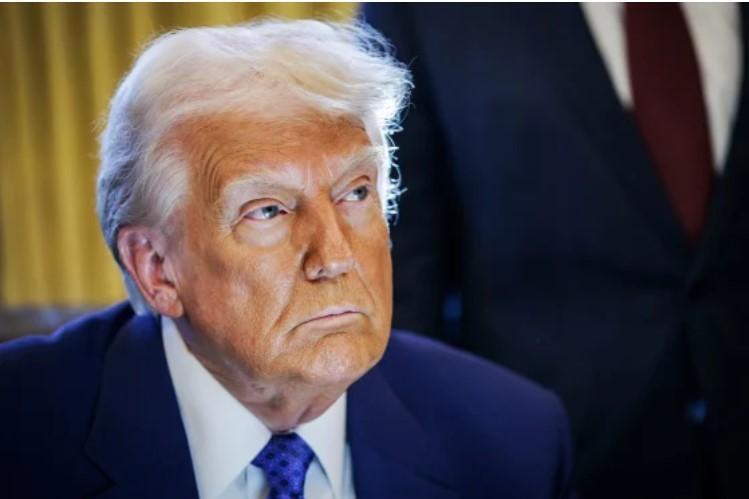
Laos and Myanmar Face Steepest Tariffs as Trump Targets 14 Nations
In a move that has sent shockwaves around the globe, the United States has announced a new trade policy that will slap tariffs on 14 nations, including Laos and Myanmar, starting August 1. The tariffs, ranging from 25% to 40%, are the highest ever imposed by the US, and have sparked concerns over trade tensions and possible retaliation by affected nations.
According to the new policy, Laos and Myanmar will be hit with a whopping 40% tariff, the highest among the targeted countries. Thailand, Bangladesh, and key allies Japan and South Korea will face tariffs of 36%, 35%, and 25%, respectively. The other nations affected by the new policy include Argentina, Australia, Brazil, Canada, and Mexico.
The move has been widely criticized by trade experts, who warn that it could lead to a full-blown trade war. “This is a reckless and misguided policy that will harm American businesses and consumers,” said a spokesperson for the National Foreign Trade Council. “Tariffs are a tax on American consumers, and will only serve to drive up prices and reduce economic growth.”
The US Trade Representative, Robert Lighthizer, defended the policy, saying that it was necessary to address the “unfair trade practices” of the targeted countries. “We will not stand idly by while other countries take advantage of us,” he said. “This policy is designed to level the playing field and protect American businesses and workers.”
However, many experts believe that the policy is more about protectionism than fairness. “The US is trying to protect its own industries, but this will only lead to a cycle of retaliation and counter-retaliation,” said a economist at the Peterson Institute for International Economics. “Trade wars are expensive and have no clear winners or losers. They only serve to create uncertainty and instability.”
The targeted countries have already expressed their disappointment and frustration at the new policy. “We are deeply disappointed by the decision to impose tariffs on us,” said a spokesperson for the government of Laos. “We believe that trade should be based on mutual respect and cooperation, not protectionism.”
Myanmar, which is still recovering from economic sanctions imposed by the US in the past, is particularly vulnerable to the new policy. The country’s economy is heavily reliant on imports, and the tariffs will make it even harder for businesses to operate.
The impact of the new policy will be felt across the globe. Many companies will be forced to increase prices, which could lead to higher inflation and reduced consumer spending. The tariffs will also disrupt global supply chains, leading to shortages and delays.
In addition to the economic risks, the new policy could also have political implications. The US is already facing pressure from China over trade tensions, and the new policy could escalate the situation further. “This is a serious escalation of the trade war with China,” said a senior official at the Chinese embassy in Washington. “We will not hesitate to take retaliatory measures to protect our interests.”
The new policy has also sparked concerns over the impact on US exports. Many American companies rely on exports to these countries, and the tariffs could make it harder for them to compete. “This policy is a blow to American businesses that rely on exports,” said a spokesperson for the National Association of Manufacturers. “We urge the administration to reconsider this policy and find a more balanced and effective solution.”
In conclusion, the new trade policy announced by the US is a significant development that has sent shockwaves around the globe. While the administration claims that it is necessary to address unfair trade practices, many experts believe that it is more about protectionism than fairness. The impact of the policy will be felt across the globe, and could lead to a full-blown trade war.
Source: https://www.breezyscroll.com/world/the-us/trump-new-tariffs-laos-myanmar/






